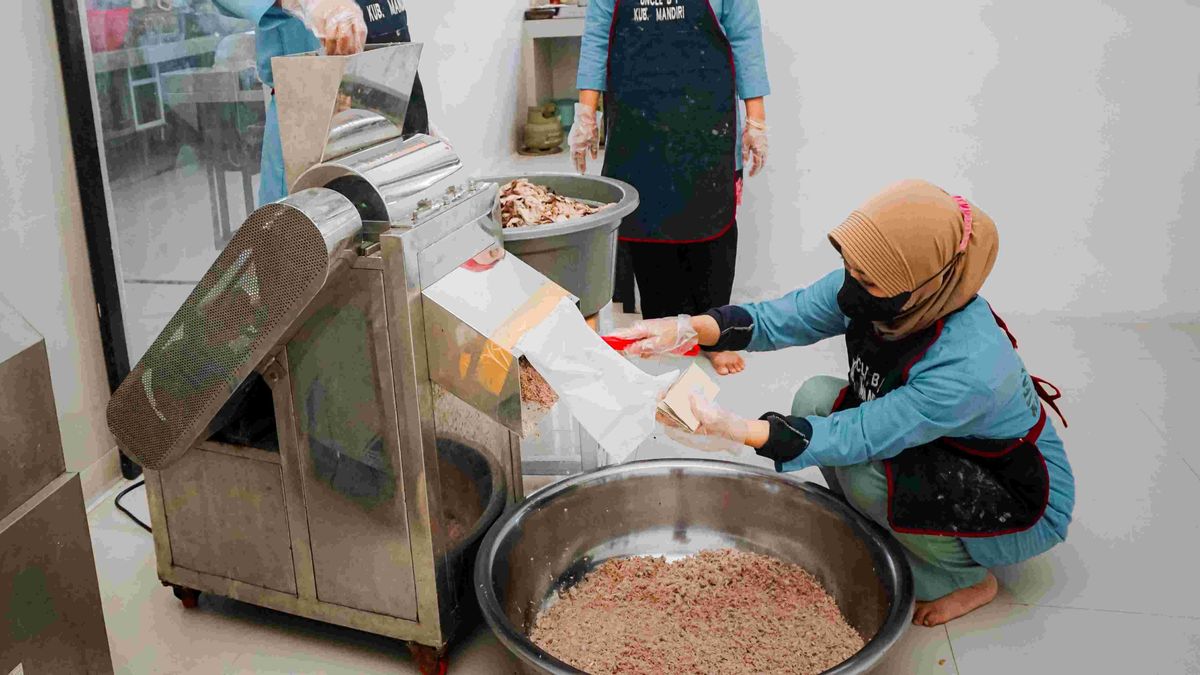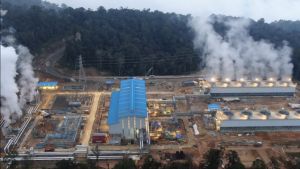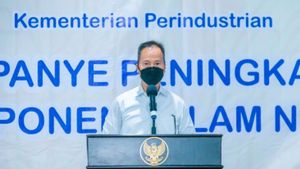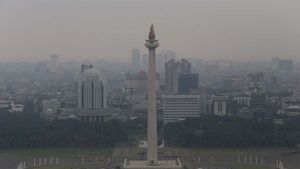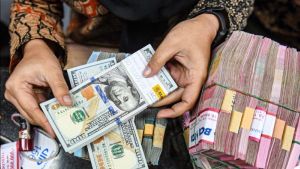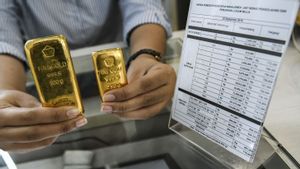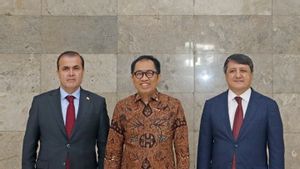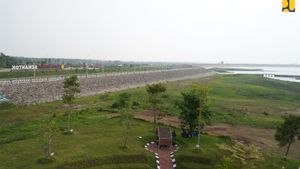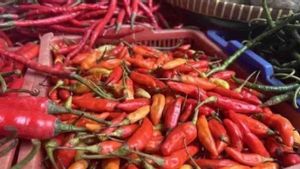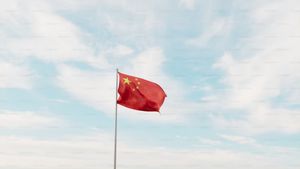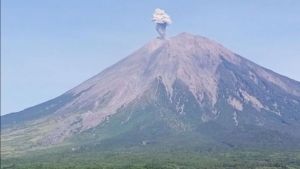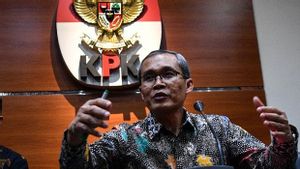JAKARTA - The Ministry of Industry (Kemenperin) said that the existence of small and medium industrial centers (IKM) also encourages optimization of sea products downstream.
The Director General of Small, Medium and Multifarious Industries (IKMA) of the Ministry of Industry, Reni Yanita, said that the role of the IKM center in downstreaming can be seen from the development of the Fish Processing IKM Center in Sinjai Regency, South Sulawesi.
"The processing of fish into downstream products is expected to increase the added value of the supply chain of fishery products in Sinjai Regency so that people not only sell raw fish in its entirety, but also can process it into other derivative products that have greater economic value. However, this certainly requires a process that is gradual and full of challenges," said Reni in a written statement received by VOI, on Saturday, September 9.
The development of the Fish Processing IKM Center in Sinjai Regency has been carried out since 2017, which aims to grow new industry players who utilize natural resources from fishery in Sinjai Regency as well as encourage downstreaming in the marine-based processed food industry.
The Fish Processing IKM Center in Sinjai Regency was built and developed using the physical Special Allocation Fund (DAK) scheme in 2017, 2018, and 2019 with total DAK funds reaching IDR 25.7 billion.
The Sinjai Regency Fish Processing IKM Center currently has ten IKM partners who produce various derivative products made from sea fish, such as fish meatballs, fish abon, amplang crackers, dumplings, nuggets, and animal feed.
The IKMs occupy the Production House located in the Sentra complex, complete with various machines and equipment that have been adjusted to the needs of each IKM actor. The number of workers involved reaches 50 people and can continue to grow when orders are increasing.
"The perpetrators of the IKM are expected to have a mutually beneficial impact on fishermen, of which IKM actors have affordable access to raw materials and fishermen also get permanent consumers," said Reni.
As for each month, IKM partners at the Sinjai Regency Fish Processing IKM Center are able to produce 5.5 tons of processed fish products with a production value of more than Rp. 100 million.
The Sinjai Regency Regional Government (Pemda) also intensively provides market access to IKM players, such as during the pandemic, social assistance products provided to the community are processed fish products produced from the Center. IKMs also get marketing access to several retail marketing networks in South Sulawesi.
With the presence of the Fish Processing IKM Center, fishermen also benefit, due to the need for fish raw materials for IKM production.
The Sinjai Regency Fish Processing IKM Center also has a cold storage (freezing storage room) with a capacity of 60 tons which can store fish raw materials for a long period of time so that they can be used to meet the needs of fish raw materials when fish supply is reduced at certain times.
Cold storage also has a fillet fish processing line that has been able to meet export market demand in addition to the needs of SMEs.
"Apart from the infrastructure that has been facilitated through the Special Allocation Fund (DAK) for the IKM sector, we are also working with the Sinjai Regency Government to encourage the IKM to also increase product competitiveness through certification, such as SNI, PIRT, Halal, BPOM, to HACCP," he said.
SEE ALSO:
Reni also expressed her highest appreciation because currently some IKMs at the Sinjai Regency Fish Processing IKM Center already have the completeness of various food safety certificates because this is a very important aspect as a condition for entering the local and global markets.
The Sinjai Regency Fish Processing IKM Center also has various other supporting facilities, such as machine workshops and production equipment, gallery rooms, wastewater treatment installations (IPAL) to packaging clinics.
"We hope that the achievements that have been carried out can be maintained and maintained in order to create an ecosystem for the processing of local fishery products that is sustainable and full of benefits for the surrounding environment," he concluded.
The English, Chinese, Japanese, Arabic, and French versions are automatically generated by the AI. So there may still be inaccuracies in translating, please always see Indonesian as our main language. (system supported by DigitalSiber.id)
